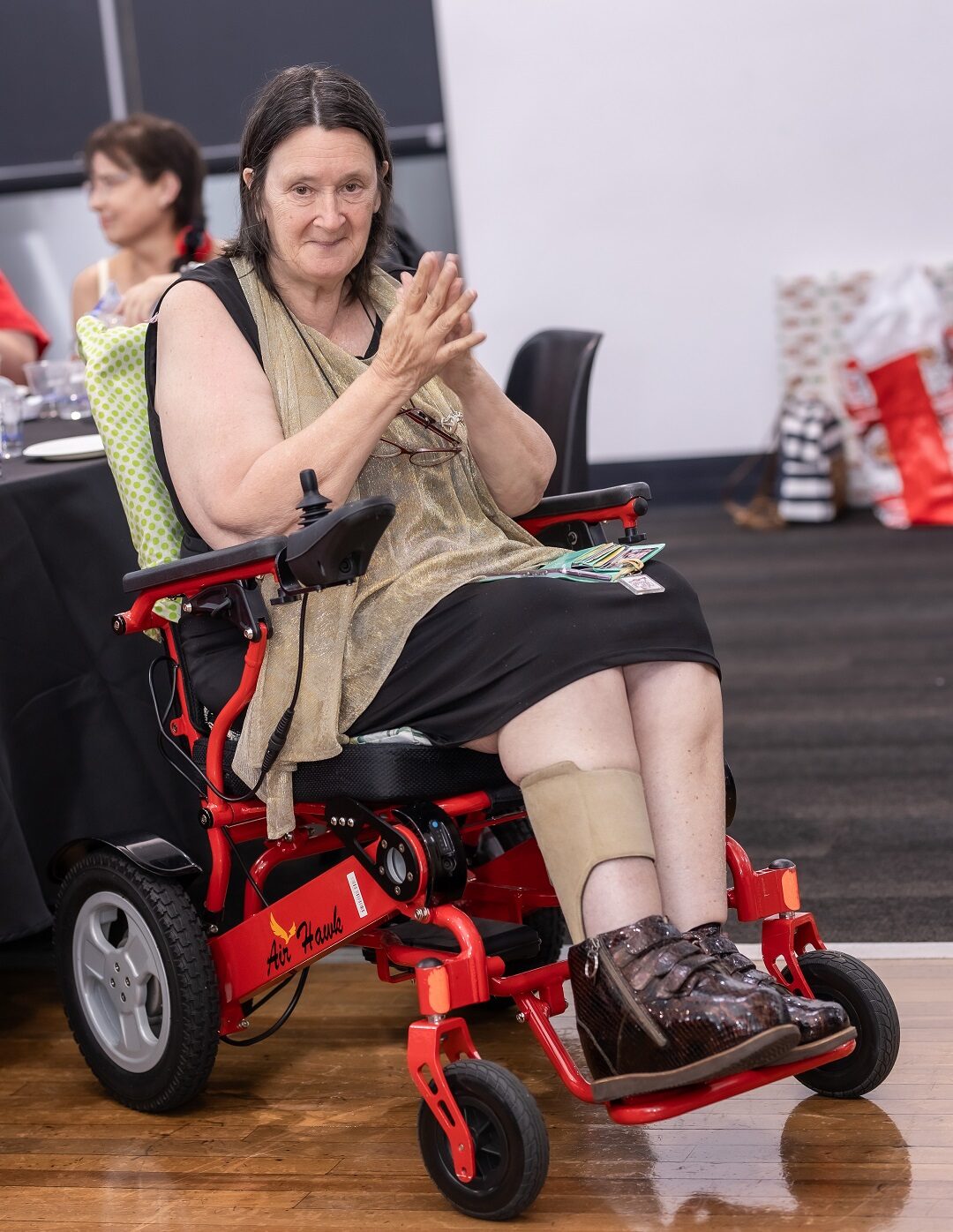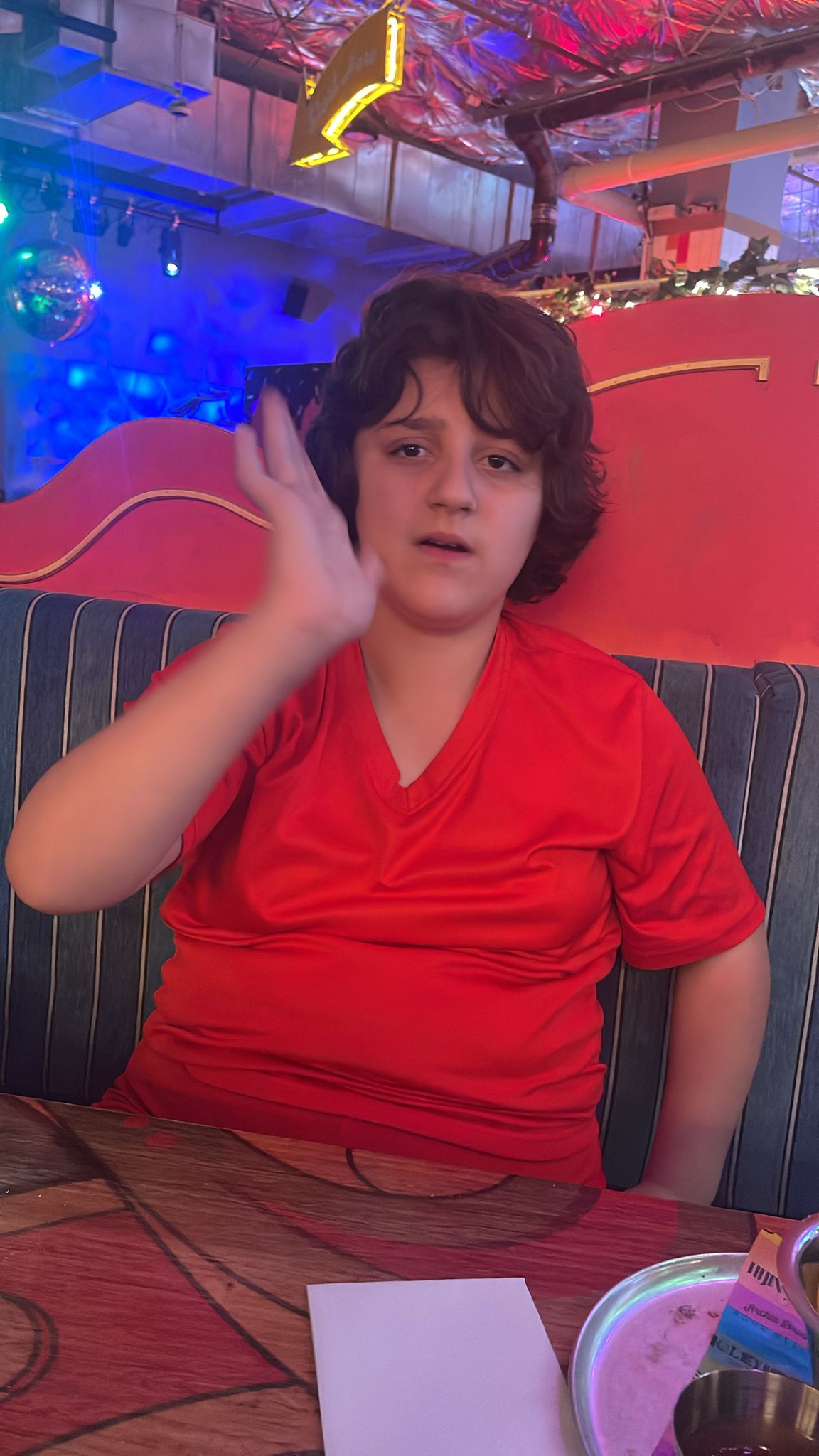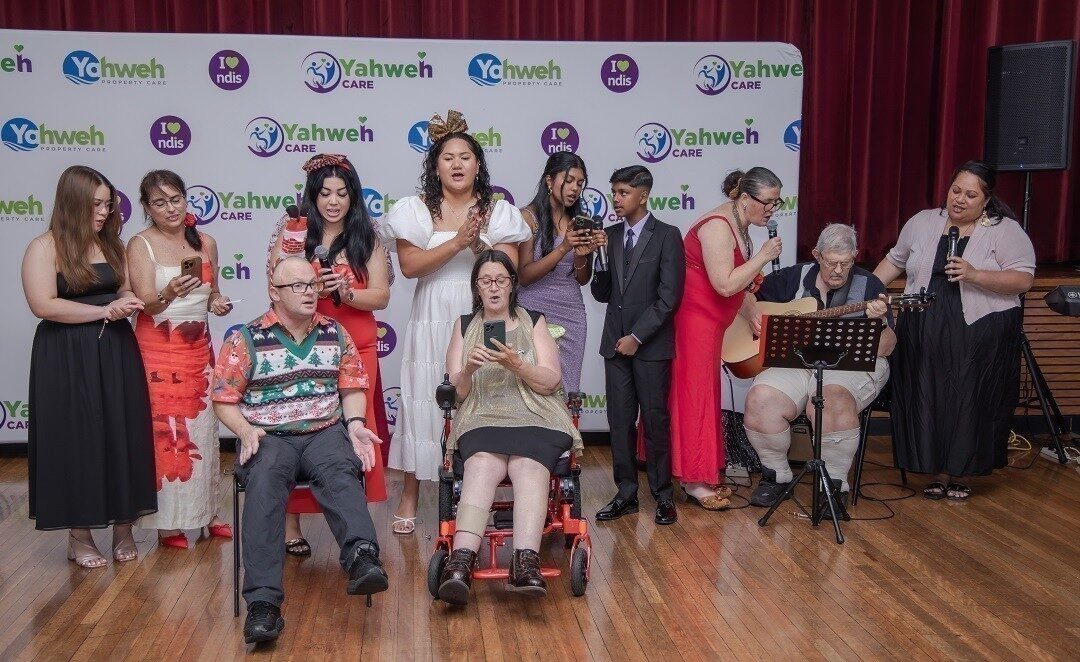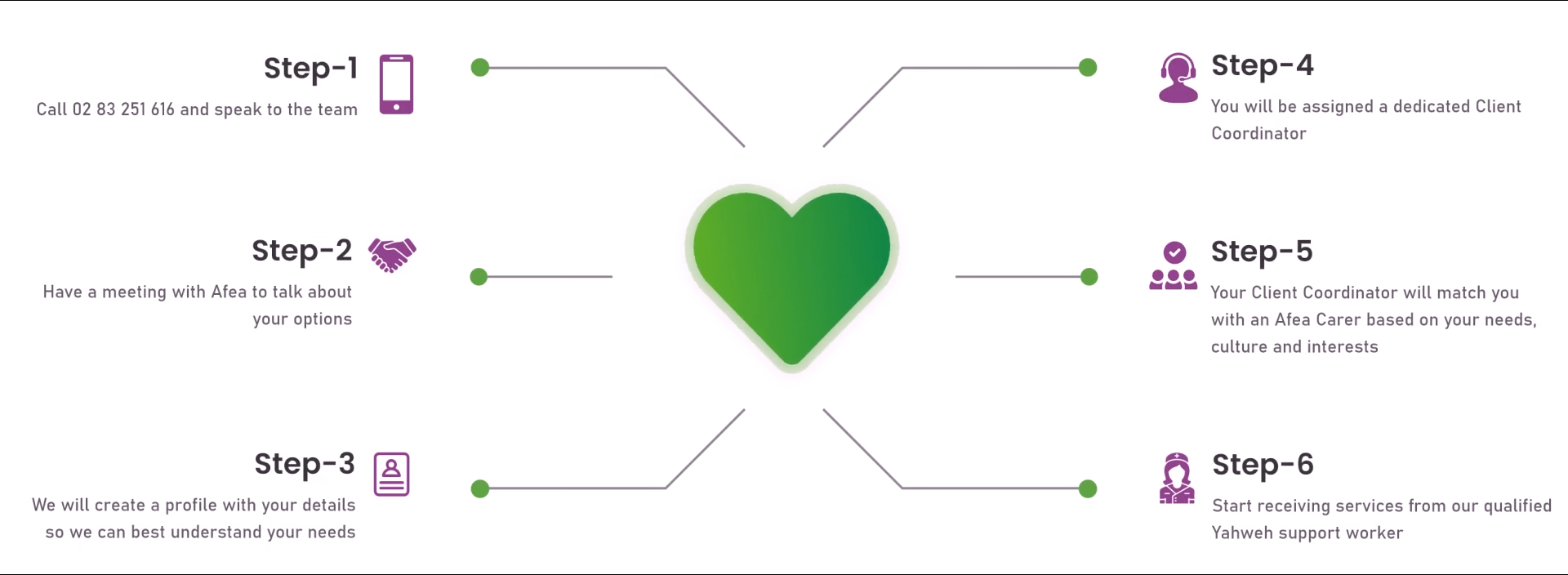SWITCH TO YAHWEH CARE
Providing care and holistic approach to NDIS participants aiming to create opportunities for you to live your best life.
Contact Uswithout a doubt
Naturally, there are different types of disabilities that affect people in many ways. In fact, in Australia, over 4.4 million people live with some form of disability. Then again, that’s about 1 in 5 Australians.
But not all disabilities are the same. There are some that are are visible, while others are hidden. Thus, you can’t always “see” chronic pain, mental health struggles, or neurological disorder conditions. This is why awareness matters. Therefore, never assume someone isn’t struggling just because they look fine.
Evidently, Understanding the different types can help you better support others or access the right services. So, let’s break down the different types of disabilities in Australia and what they mean for you or someone you know.

Indeed, this is one of the most common disabilities. A physical disability affects how your body moves or functions. Moreover, at times, the condition comes from an injury, illness, or something present from birth. Hence, you might use a wheelchair, walker, or prosthetic. Without a doubt, everyday tasks like dressing, moving around, or working may take more time or need support.
Examples:
Some people recover while others live with long-term conditions. Either way, physical disability doesn’t define what you can achieve.
An intellectual disability impacts the ability to learn, understand, and process information. In this case, it’s not the same as a learning difficulty. As an illustration, you might need support in school, work, or everyday life. But you can still live a fulfilling life with the right help and understanding.
People with intellectual disabilities may have trouble with the following:
Common causes:
This relates to mental health conditions that affect a person’s ability to function day to day. Not everyone with a mental illness has a psychosocial disability, too. It becomes a disability when it seriously affects how you live your life. Also, you may struggle to keep a job, maintain relationships, or manage daily stress.
However, many people recover or manage their condition well with treatment and support. The National Disability Insurance Scheme (NDIS) can also help if your mental illness is long-term and creates a significant impact on your daily function.
Examples:
This involves how you experience the world through your senses, mainly sight and hearing.
The two main disability types:
This can range from partial or total inability of vision loss to total blindness.
This includes mild hearing loss to total deafness. Some environmental factors that might affect this type of impairment include:
These disabilities don’t limit intelligence or independence but require changes in how you communicate and navigate the world. You may use assistive devices like hearing aids, white canes, or guide dogs. You might also use sign language, braille, or audio tools.
Neurological disabilities come from damage to your nervous system. Hence, some medical conditions progress slowly, others rapidly. But all affect how your brain and body work together. To illustrate, having issues with a neurological condition, you may experience issue. Indeed, some issues include memory loss, speaking problems, difficulty moving, or muscle weakness. In any case, the symptoms have varying degrees and they differ depending on the life situations and conditions.
Examples:

Autism is a neurodevelopmental disorder or condition that affects how you communicate effectively, interact, and experience the world. It isn’t an illness. It’s a different way of thinking and experiencing life. Understanding and support can make a big difference. It’s called a “spectrum” because some people need much support, while others live independently and hold full-time jobs.
This affects how you read, write, calculate, or focus. Therefore, it’s not about intelligence. Instead, it’s about brain function and processing information. So, if you’re struggling with learning impairments, you might need tools like audiobooks, extra time for exams, or assistive technology software that reads text out loud. These supports help you reach your full potential.
Examples:
Birth complications, spina bifida (birth defects), genetics, or unknown reasons can cause delays in the developmental period. Note that not all delays mean a child has a permanent disability. Often, it means a child takes longer to reach milestones in some of the following:
Early intervention helps. If your child gets the right help early, they can often catch up or learn new management methods.
The National Disability Insurance Scheme (NDIS) offers support for Australians with permanent and significant impairments or different types of disabilities. You may be eligible if your condition fits the following:
At this point, your condition makes it hard to do regular tasks like dressing, cleaning, cooking, moving around, or talking with others. Following this, it affects how independently and safely you can live, work, or engage socially.
You are eligible for support when your condition is expected to last for the rest of your life or for a long time without significant improvement. Often, it doesn’t have to be officially called “permanent.” However, if doctors agree it won’t go away with treatment, then you qualify for NDIS support.
This means the kind of help you need is not temporary, and the struggle with daily tasks becomes unbearable. Nevertheless, this support could be from a person, equipment, or therapy, and you’re expected to continue needing it long-term. Also, it shows that your condition affects your life in a lasting way.

Certainly, different types of disabilities in Australia are broad and diverse. From physical capacity issues to intellectual functioning, from visible to hidden—every experience in a person’s life is different.
In addition, if you have a disability, you have to know your rights. It is significant to ask for support, connect with others, and use services like the NDIS.
As has been noted, if you know someone with a disability, listen and learn. Simply offer support because everyone deserves respect, inclusion, and dignity. With that, Yahweh Care can assist you to understand that disability doesn’t hold people back; barriers do.
So, let’s work together to remove them. Contact Yahweh Care now.
Providing care and holistic approach to NDIS participants aiming to create opportunities for you to live your best life.
Contact Us


